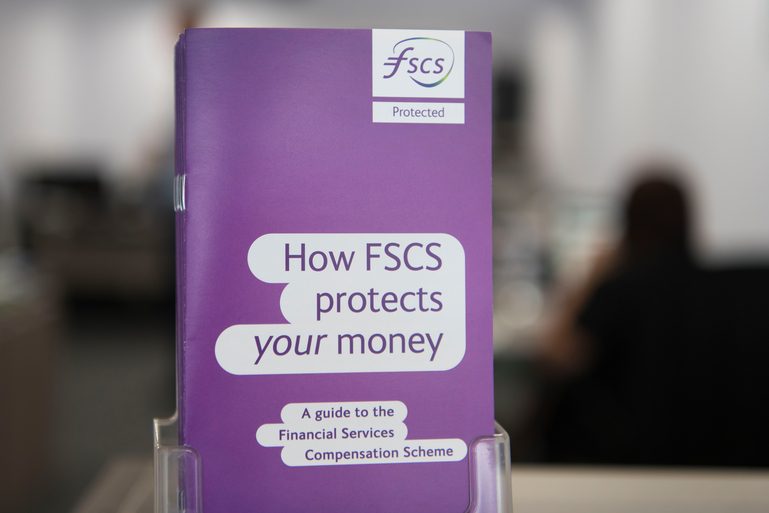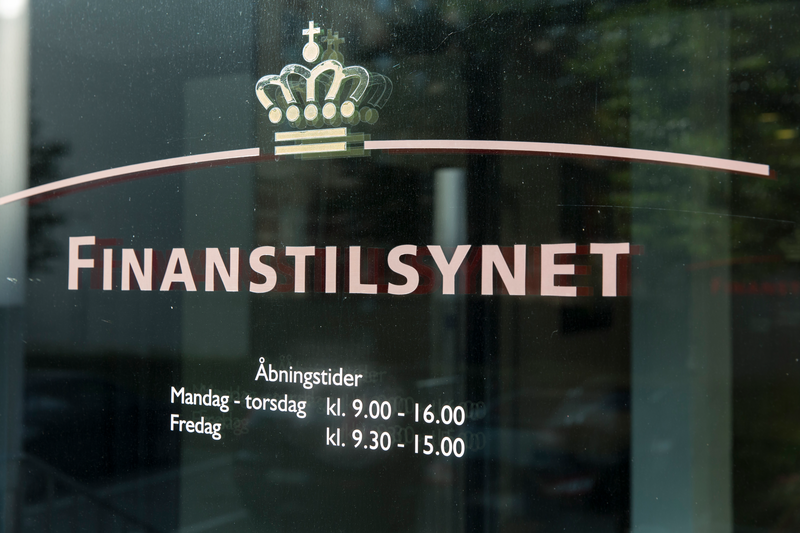Guaranty Trust Bank (UK) Limited (GT Bank) is once again in deep water over failures in its anti-money-laundering (AML) procedures. The Financial Conduct Authority (FCA) has issued a £7,671,800 ($9,297,356) fine after finding that the bank had “serious weaknesses” in its AML systems and controls.
During October 2014 and July 2019, GT Bank failed to perform and document proper customer risk assessments, including posed money-laundering risks, and didn’t monitor transactions and business relationships to the required standard.
GT Bank was repeatedly informed about these weaknesses, by both internal and external sources such as the FCA, but still failed to take appropriate action.
Egregious conduct
The FCA called GT Bank’s latest conduct “particularly egregious” as this is the second time the regulator has taken enforcement actions over the bank’s AML controls. In August 2013, the FCA issued a Final Notice and imposed a £525,000 ($636,083) fine for serious and systemic AML failings.
“GT Bank should have acted quickly to put in place adequate AML controls following its fine in 2013 but it failed to do so. GT Bank did not develop a plan that was capable of addressing its AML weaknesses, exposing it and the broader market to financial crime risks for a prolonged period,” said Mark Steward, Executive Director of Enforcement and Market Oversight at the FCA.
GT Bank stopped taking on new customers from early 2018. It then agreed to wider voluntary restrictions on the business, and requirements remained until mid 2021 after the completion of a remediation plan.
“GT Bank did not develop a plan that was capable of addressing its AML weaknesses, exposing it and the broader market to financial crime risks for a prolonged period.”
Mark Steward, Executive Director of Enforcement and Market Oversight, FCA
“Firms must protect themselves and those dealing with them from financial crime risks, especially money laundering,” Steward said.
GT Bank has agreed to settle and won’t dispute the FCA’s findings. It therefore qualifies for a 30% discount on the fine. Without the discount, the financial penalty would have been £10,959,700 ($13,274,538).













